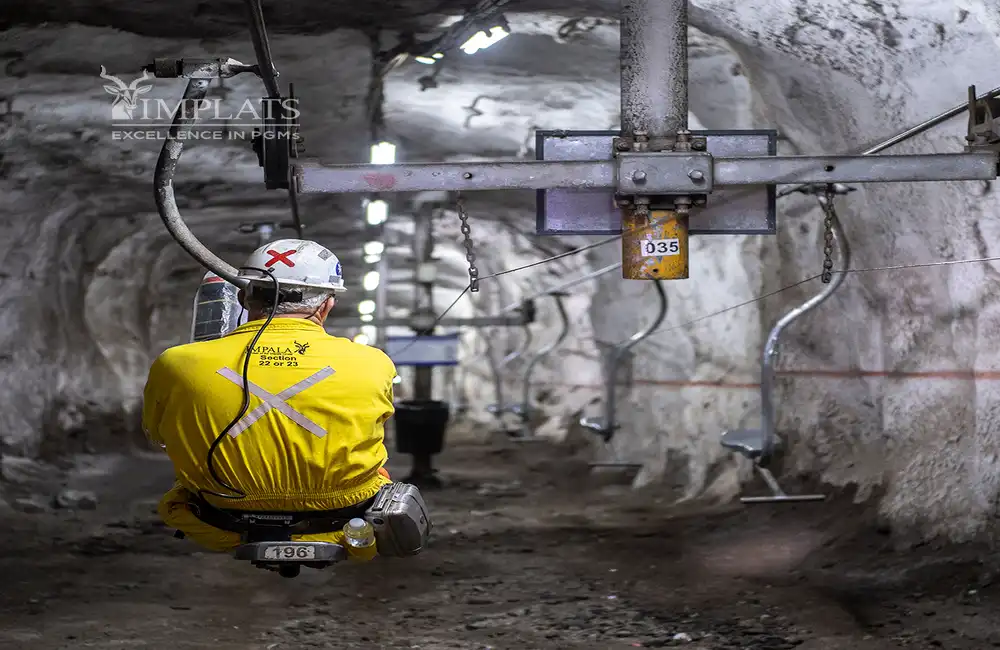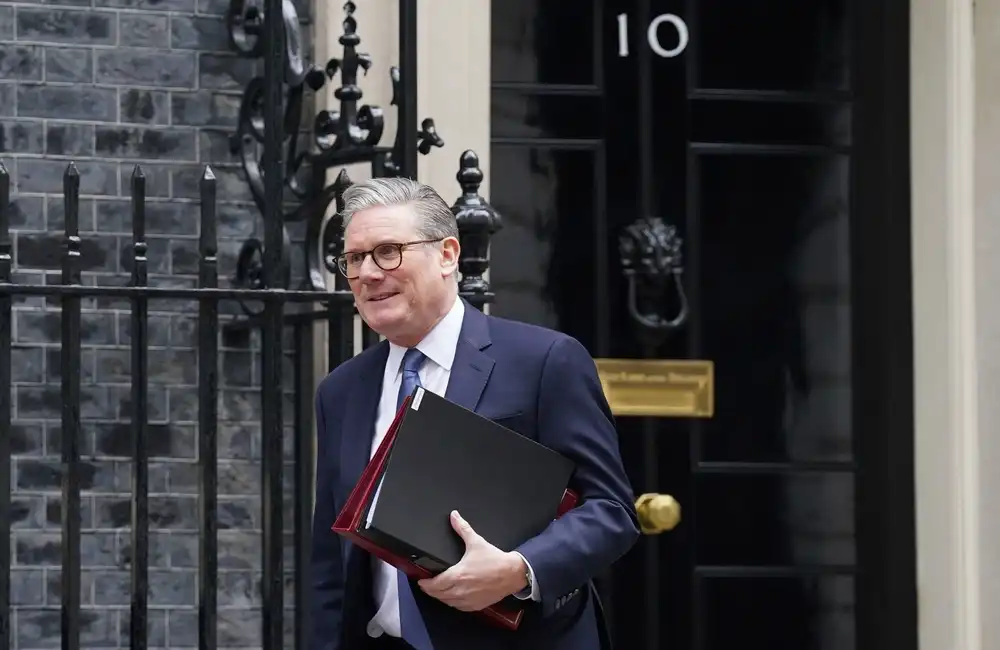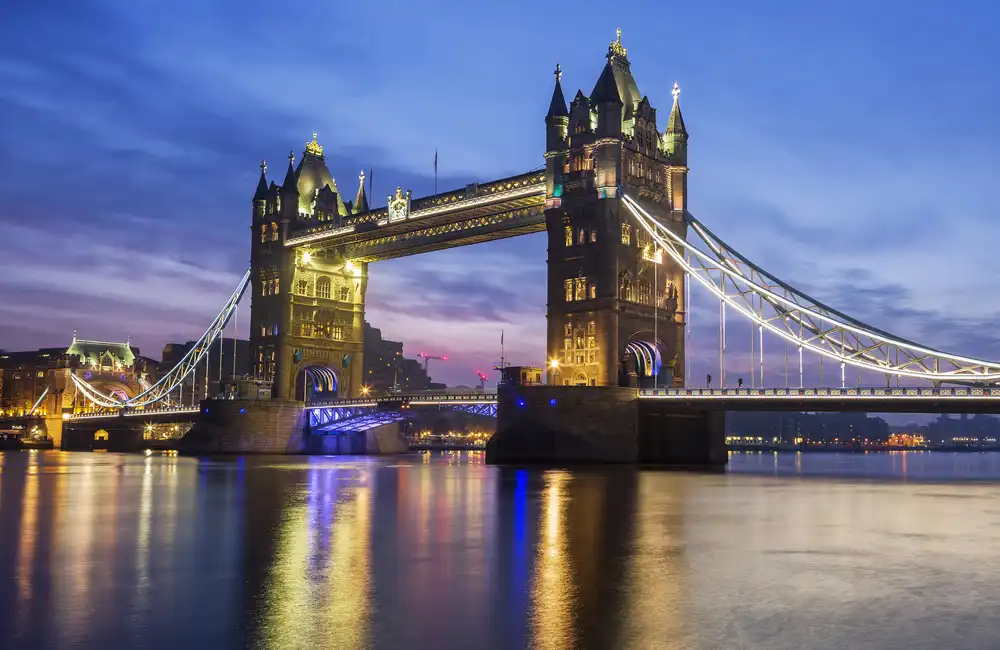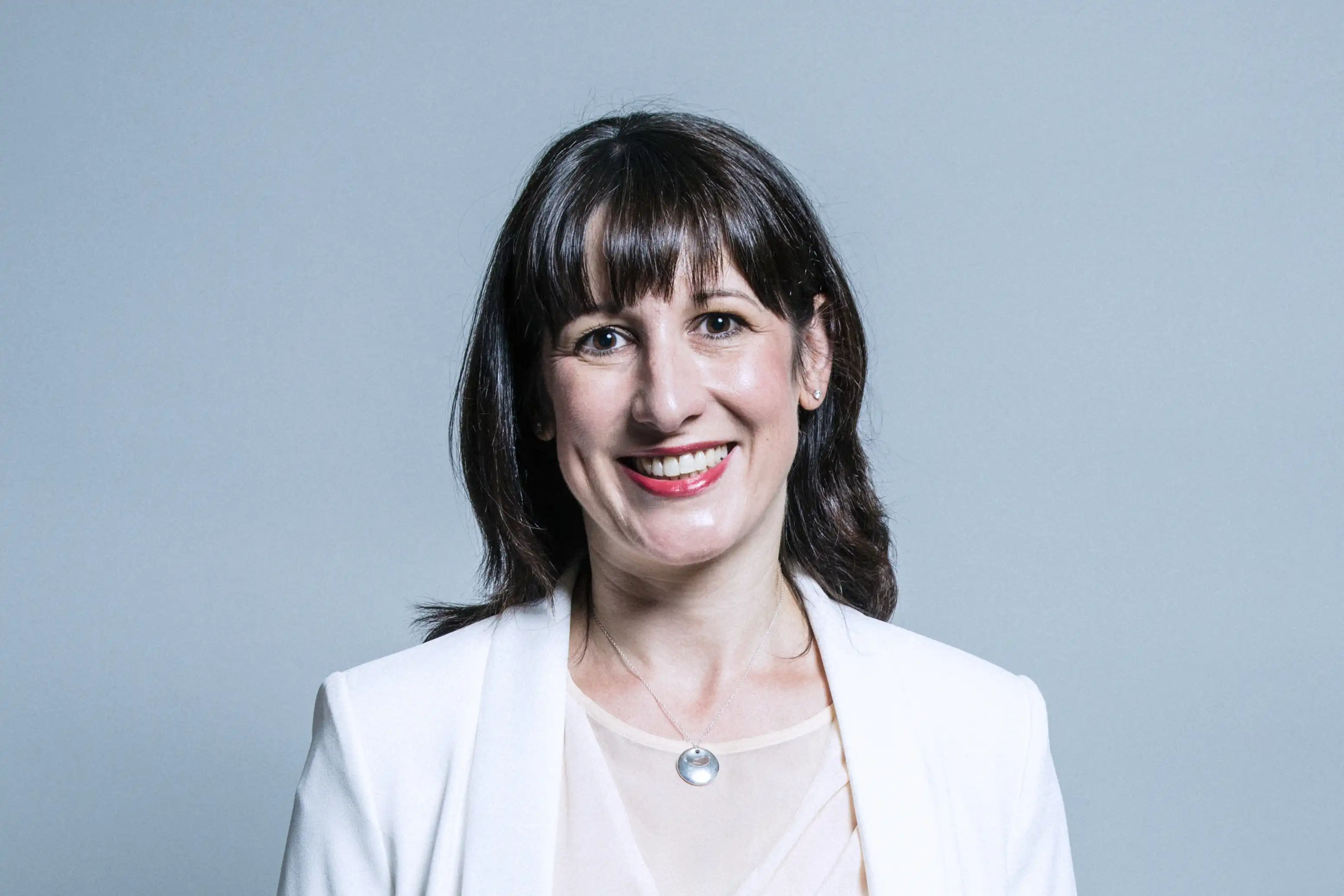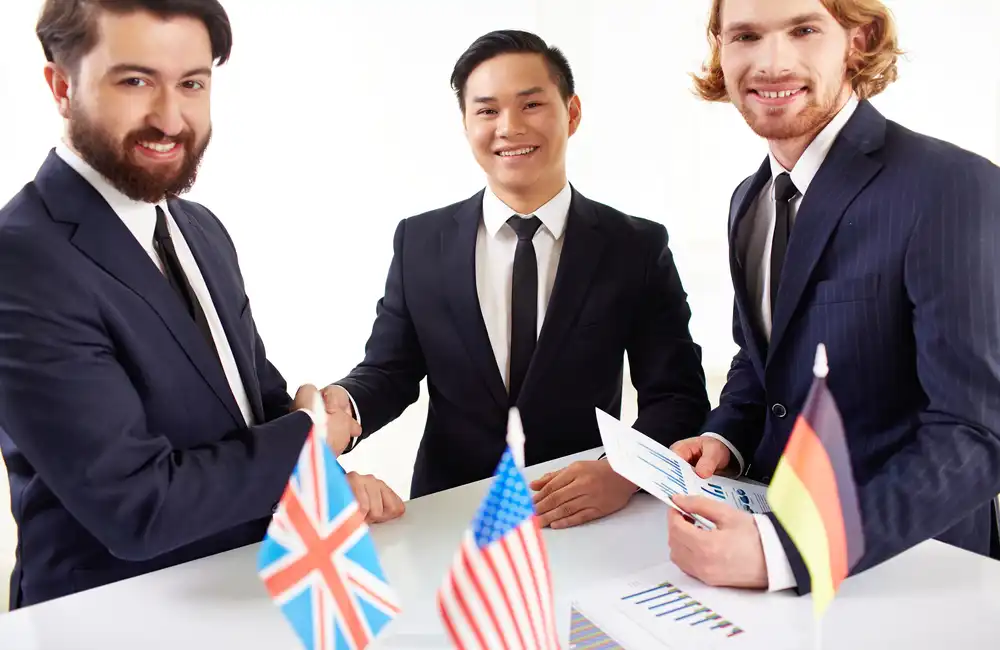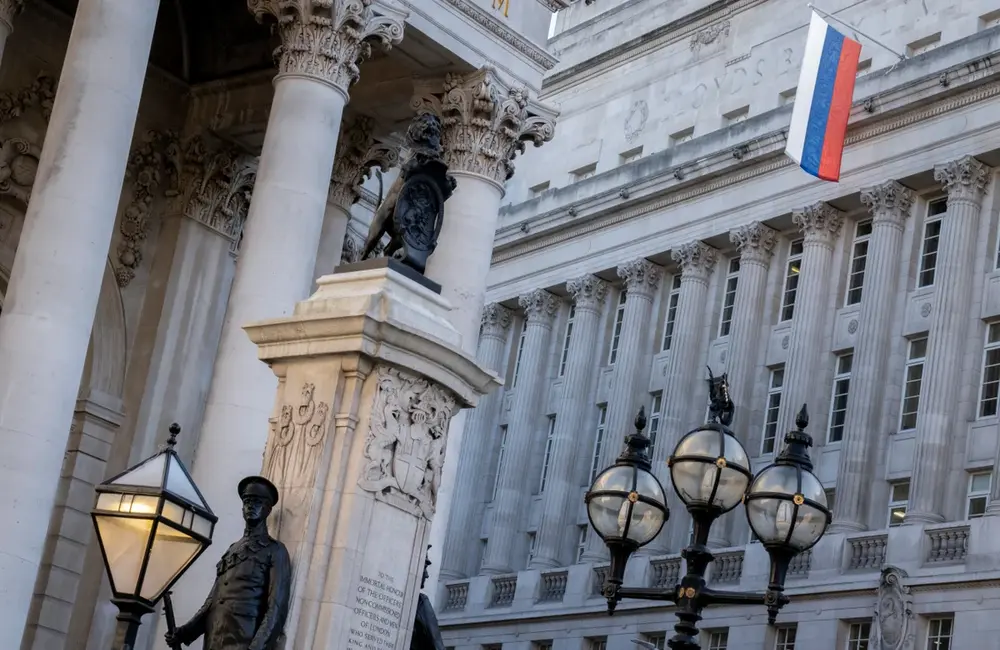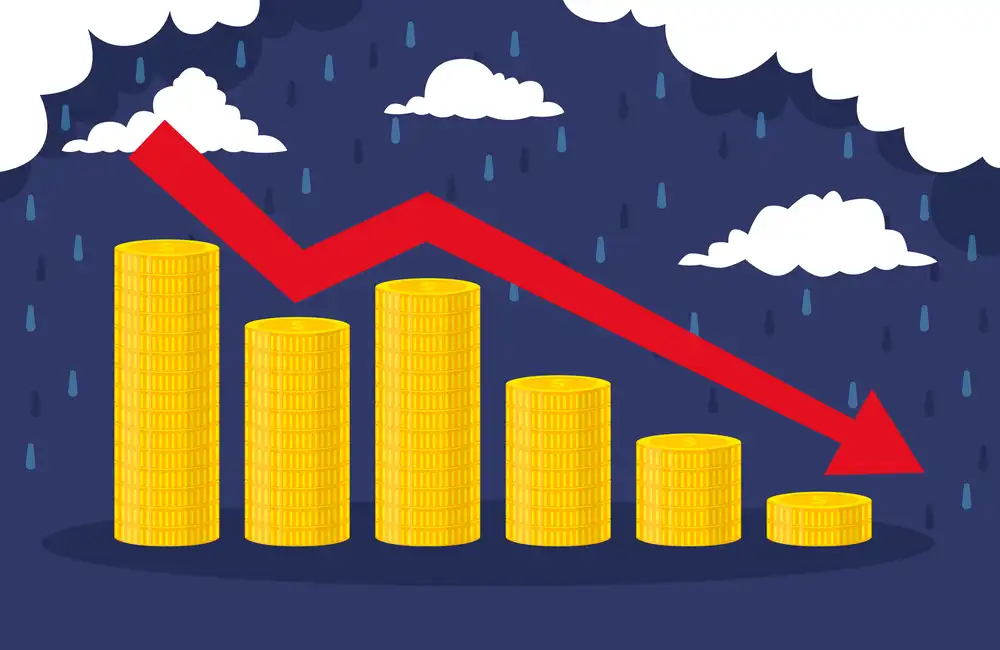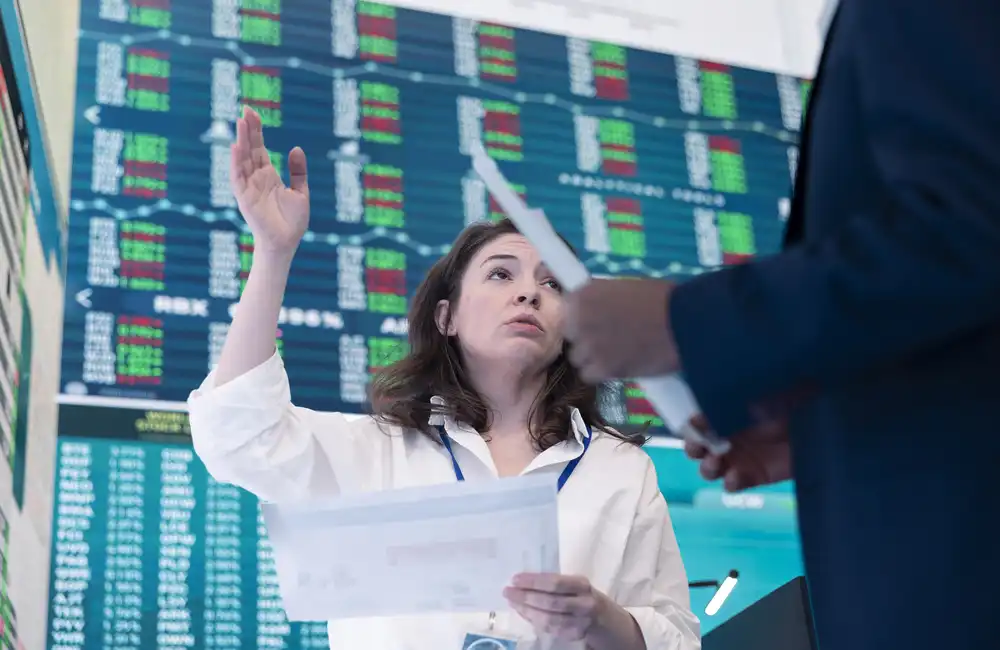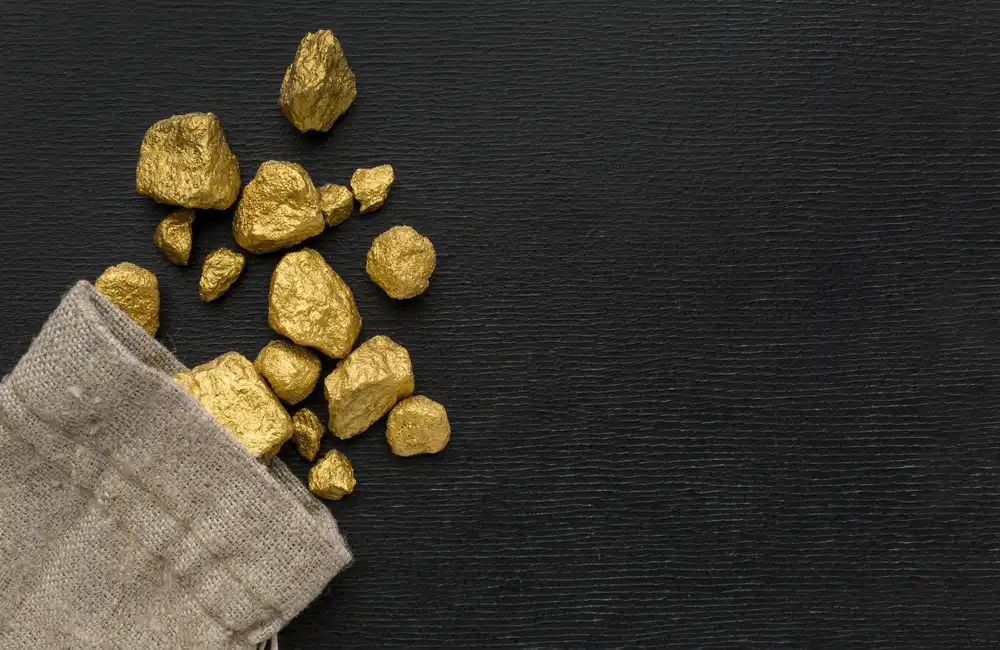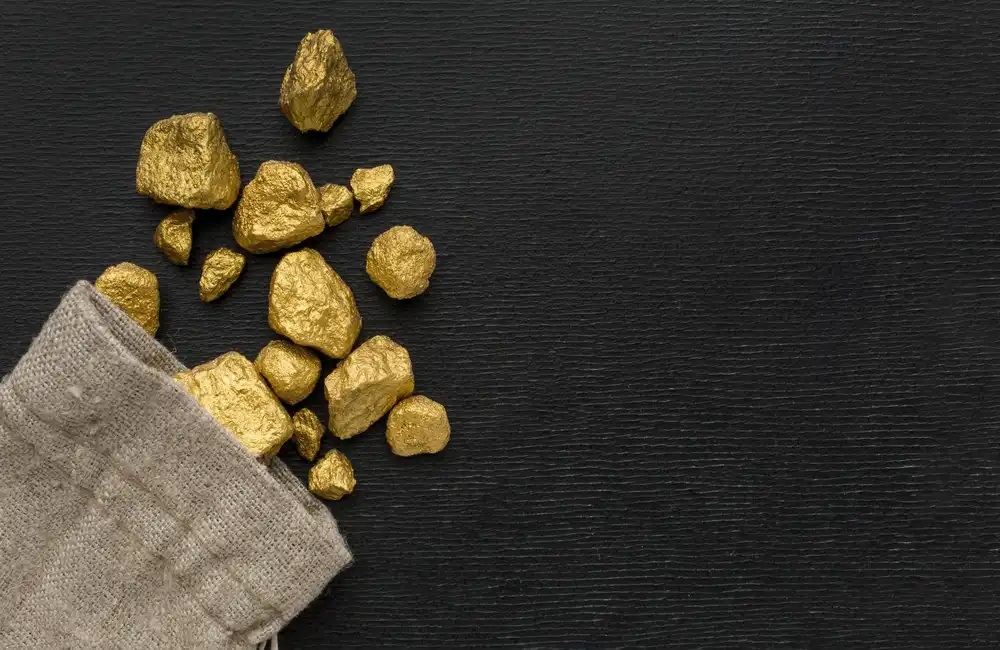On March 10, the UK government announced sanctions against seven Russian oligarchs, including Roman Abramovich and Oleg Deripaska, minority shareholders in the mining and metals companies Evraz, Rusal, and Nornickel.
Sanctions and Self-Imposed Limits Disrupt Russian Metals Trade
Initially, companies with minority stakes in Russian businesses appeared insulated from direct consequences. However, an increasing wave of self-imposed restrictions by counterparties has entangled global trade in knots regardless of official sanctions.
The UK government has frozen the assets of several Russian businessmen and barred them from entering the country or conducting business with UK citizens or entities. As a result, the listing of Evraz—where Roman Abramovich holds a 28.64% stake—has been temporarily suspended on the London Stock Exchange, according to a statement issued by the UK’s Financial Conduct Authority. The FCA said the move was designed to protect investors while it evaluates the implications of the sanctions.
Abramovich, who also co-owns a firm called Crispian with a stake of less than 5% in Nornickel, one of the world’s leading producers of nickel, copper, and platinum group metals, does not sit on the Evraz board. An Evraz spokesperson declined to comment on the potential impact of the sanctions or the listing suspension on the company's operations.
Evraz stated earlier this week that it had not yet experienced material impacts on daily operations or trading due to international sanctions, though friction in supply chains, logistics, and financial flows had begun to emerge.
Another Russian tycoon, Oleg Deripaska, maintains an indirect stake in aluminum giant Rusal through his 44.95% ownership of En+ Group, which itself holds 56.88% of Rusal. Although Deripaska was removed from the U.S. sanctions list in 2019, Rusal remains under heightened scrutiny.
“In light of Deripaska no longer being sanctioned, he does not have any control in Rusal, and Rusal and its subsidiaries are not under any sanctions,” a Rusal spokesperson told S&P Global Commodity Insights.
Nonetheless, En+ signaled earlier this week that it was considering separating from Rusal’s international business—widely viewed as a preemptive measure to shield Rusal’s overseas assets from potential production sanctions. Industry analysts have suggested that while Deripaska’s official influence is minimal, real-world risk perceptions often dictate market behavior more than legal technicalities.
“Deripaska doesn’t control Rusal, so in theory there shouldn’t be any influence on the company,” said one industrial analyst. “The same applies to Evraz and Abramovich’s minority stake, but in practice, everything hinges on how regulators define control.”
“Formal sanctions are one thing,” the analyst added, “but self-imposed restrictions by counterparties are another. Even without formal bans, companies are choosing to walk away from contracts simply due to reputational and compliance concerns. That’s exactly what we’re seeing now.”
One recent example came from LTG Cargo, a division of Lithuanian Railways, which announced it would restrict the transport of goods from Russian iron ore miner Metalloinvest. The decision followed new EU sanctions targeting Alisher Usmanov, an indirect shareholder in the company.
Global miner Rio Tinto also confirmed it was cutting all ties with Russian entities, a move that effectively suspends its cooperation with Rusal, with whom it jointly operates the Queensland Alumina refinery in Australia.


